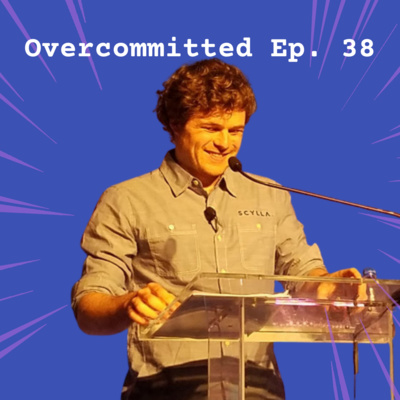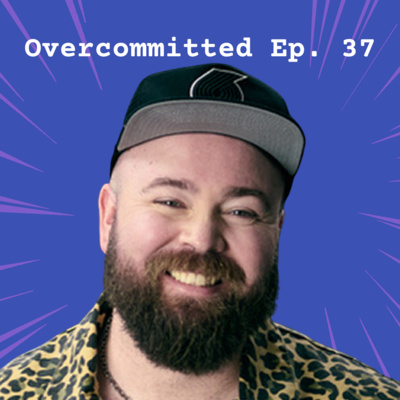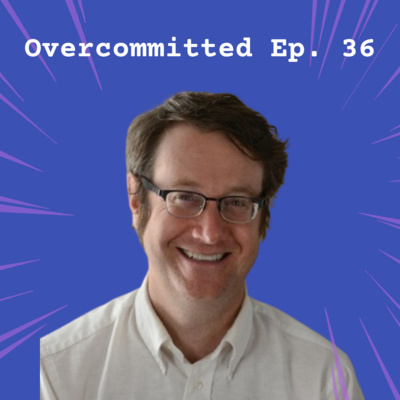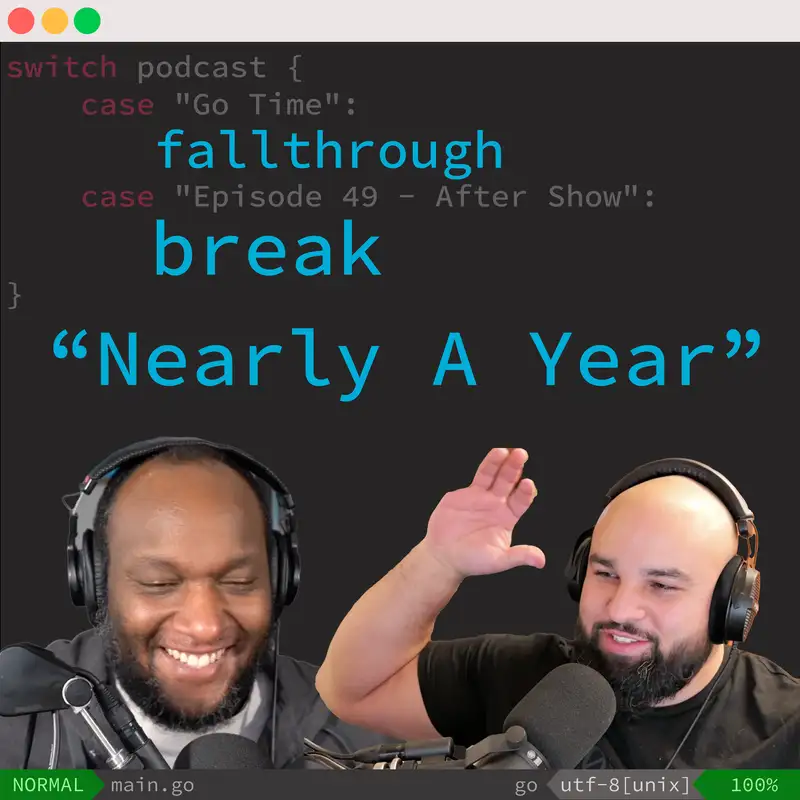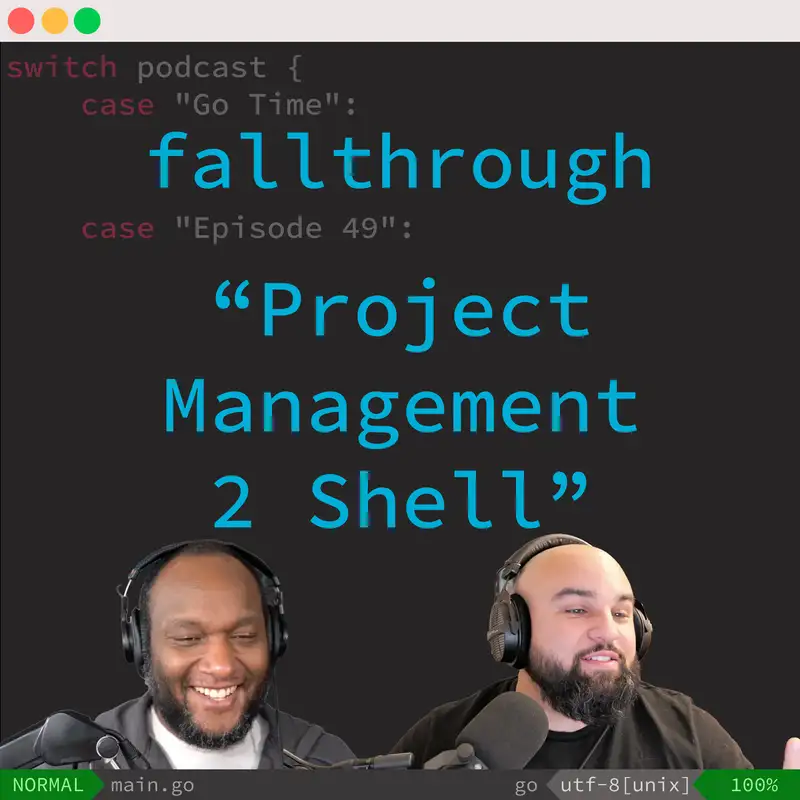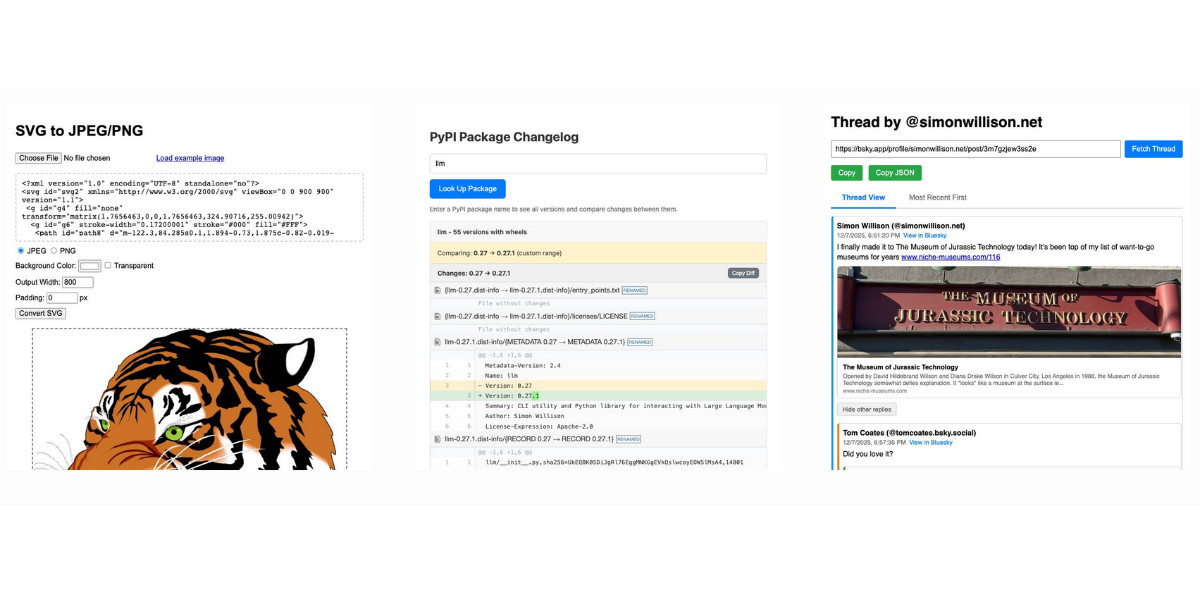Post details
I have been gainfully unemployed for exactly one year. Spending today exploring the north of New Zealand, then after Xmas seeing friends in Melbourne, finishing the year on a beach in Thailand. I wonder what 2026 will bring? A bit of FOSDEM for certain and we've got Interrail tickets booked. But *work*? Hmmm… we'll see!

